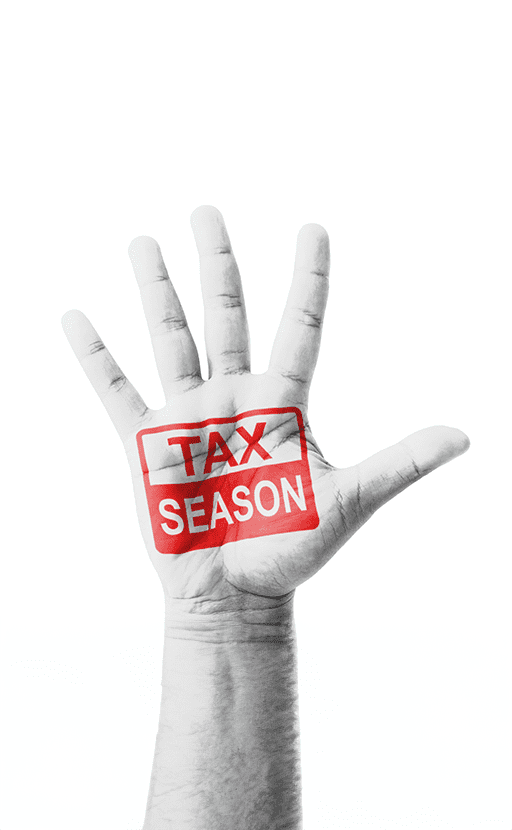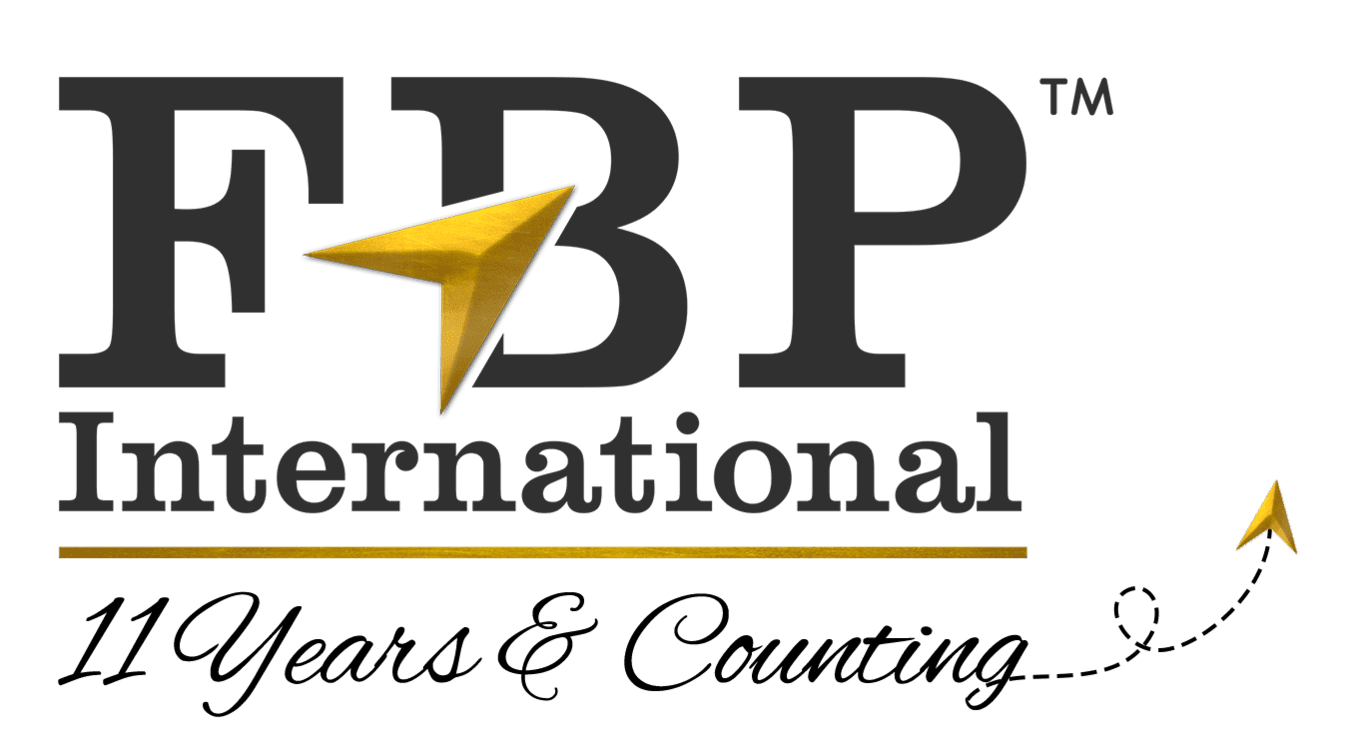

Business in Australia




Personal Tax
Residents of Australia who are not temporary residents are taxed on their worldwide income and capital gains. Non-residents are subject to taxation on the first AUD1 of taxable income.
The tax brackets between the financial years of 2019-20 and 2023-34 have remained unchanged. According to Forbes, the following rates are set to apply for the financial year of 2024-25:
| Taxable Income | Rate(%) |
| $0-$18,200 | Tax free |
| $18,200-$45,000 | 16% |
| $45,000-$135,000 | 30% |
| $135,000-$190,000 | 37% |
| $200,000 and above | 45% |
For tax purposes, special tax rates apply to “working holiday maker” income regardless of residency.
Inbound expatriates who are temporary residents* are excluded from paying taxes on foreign-sourced investment income. Their capital gains tax applies to a much narrower range of assets.
If residents hold a significant stake in controlled offshore businesses or have transferred assets or services to foreign trusts, they may be liable to an accruals taxation system. These regulations do not apply to temporary residents.
Every employer must make a mandatory contribution on behalf of every employee to a retirement fund approved by Australia. Inbound expatriates may be excluded from certain requirements if they are from nations with whom Australia has bilateral social security agreements or are top executives on temporary residence visas. Furthermore, temporary residents who have contributed to superannuation may withdraw their benefits upon permanently leaving Australia, subject to a 35% final “departing Australia superannuation payment” tax.
Taxation of Employment Income
Regardless of whether the income is transferred to Australia, a resident’s worldwide employment income is usually liable to Australian tax. The employer must withhold and send a portion of the employee’s pay to the Australian Taxation Office if the income is taxable.
Base salary, wages, commissions, living-away-from-home allowances, bonuses, profit-sharing payments, employee share/option plans, and other financial remuneration are all considered employment income subject to taxes.
Before being finalised, a tax advisor should examine every employment contract. This is crucial to determining residency issues and setting up tax-effective compensation plans.
Fringe Benefits Tax
Fringe benefits tax (FBT) is a tax employers pay on certain benefits to employees, their families or associates. The majority of non-cash benefits given by a company to an employee, an associate of an employee, a former employee, or a prospective employee are subject to the fringe benefit tax.
The primary areas typically impacted by fringe benefits tax include the provision of cars to employees, allowances given to them to cover the cost of food and lodging while working in Australia, low-interest or no-interest loans, and the payment or reimbursement of personal expenses like health insurance. Instead of being taxable in the hands of the employee, fringe benefits are subject to a different tax collection process that is applied to the employer at the highest marginal tax rate. Nonetheless, it is typical for companies to include the FBT expenses in the employee’s overall compensation package.
If the employee works in Australia, FBT is due on benefits paid by an Australian firm and a foreign corporation. Benefits related to job assignments and relocations are subject to many FBT exemptions and concessions.
Learn more about the Fringe Benefits Tax here.
Capital Gains
Assessable income typically includes capital gains from the sale or other disposal of assets acquired after September 19, 1985. Only 50% of the net capital gain is taxable if the asset is held for more than a year (barring specific exemptions). The discount does not apply to foreign nationals or temporary residents for capital gains made after May 8, 2012. A limited set of assets is liable to capital gains tax for temporary and foreign residents. Special rules apply to the valuation of assets for capital gains tax where an individual becomes a tax resident for the first time.
Taxation of Financial Arrangements
The foreign exchange regulations may apply to bank accounts and loans denominated in a foreign currency that were opened, entered into, refinanced, or varied on or after July 1, 2023.
*Temporary residents are individuals who hold a temporary visa and do not have a spouse who is an Australian citizen or Australian permanent resident.

